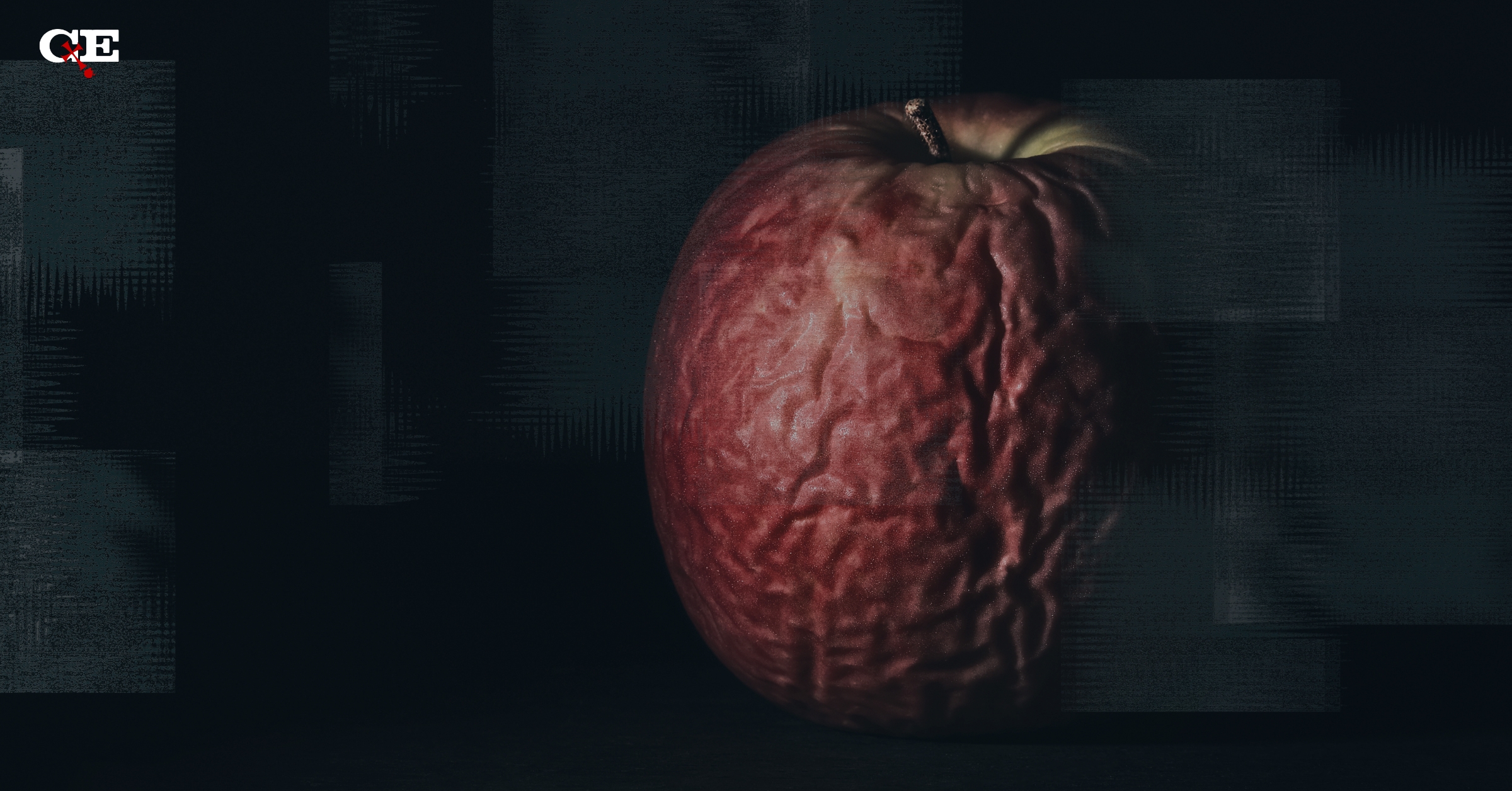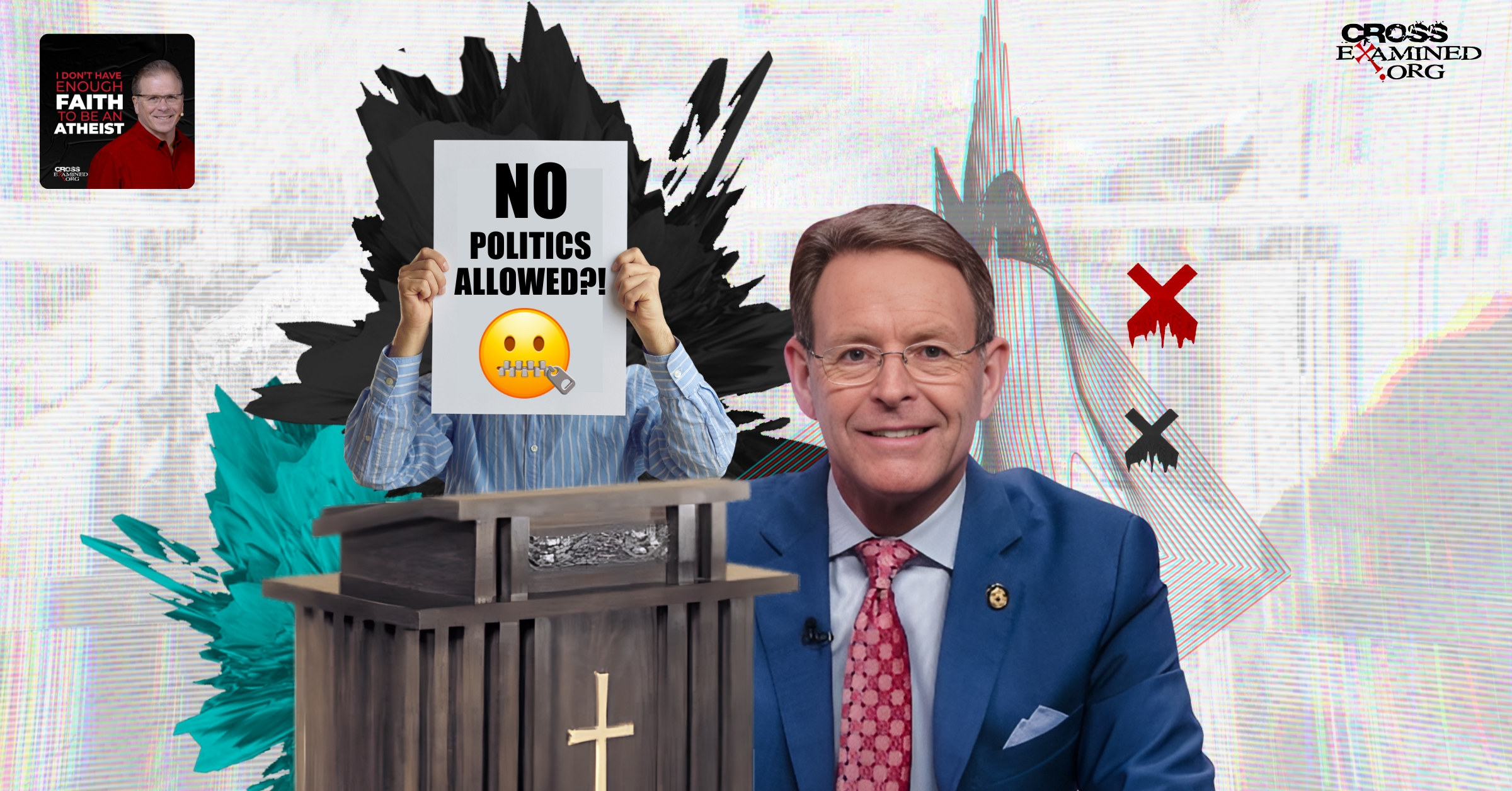Unconditional Love or Unconditional Affirmation?
Human origin is a fascinating area of research today. With all the different models for the origins of humanity being proposed, I see an increase in the discussions, both scientific and theological. For everyone reading this post, this area of research should be of utmost interest for you as well. Two critical ideas about humanity are at stake depending on which model (or family of models) is true: intrinsic and equal human dignity and value, and the sinfulness of humanity.
The age-old debate about God’s existence has great implications on this area of the debate about human origins. The Judeo-Christian claim that all humans are created in God’s Image and that humans possess a sin nature that will cause them to tend toward the immoral. These paradoxical doctrines together explain both the greatness and wretchedness of humanity that we see every day, throughout history, and expect in the future.
The Image of God
If we are created in the image of God that means that all humans possess intrinsic and equal human dignity and value (Genesis 1:26-28).[i] If this is false, then humans are not valuable in virtue of their being human but in virtue of a myriad of other characteristics and statistics that change in fashion with the culture. One moment a human can be valuable and the next moment they are not. If humans do not have value at any point, that gives justification for their expendability (murder) at the hands of those who have power over them at that point. If humans are not created in the image of God, then there is nothing wrong with humans abusing their power against other humans. Any model of human origins that does not allow for the Image of God in humans places the very lives of every human at risk.
Human Sinfulness
Genesis also records that Adam and Eve sinned against God and with that action brought the sin nature into all future humans (Genesis 3). Humans are not born good or even neutral. This means that the abuse of power described above is not just possible but inevitable. Any model of human origins that does not allow for the Fall or for the transfer of the sin nature (whether through the biological, spiritual, or some combination) denies this element of human psychology, sociology, and history (Genesis 5:1-3; 9:6; James 3:9).
Denying Both?
Any model that does not allow for one or the other already makes human lives less worthy of protection because either it is not worth protecting or there is nothing to necessarily protect against. But if a model denies both, then that is a recipe for disaster. This means that the debate about human origins is not just a scientific question but also a philosophical one, even for the atheist or naturalist. An interesting analysis of the implications of these two characteristics is provided in Os Guinness’ book The Magna Carta of Humanity which I highly recommend, particularly for those involved in human origins discussions and debates. It provides a renewed urgency for the importance of the debate about human origins.
Should Theology Judge Science?
I often hear the claim that many Christians allow their theology to determine their interpretation (and maybe even rejection) of the scientific data. The implication is that we should not allow any knowledge discipline (or at least, theology) other than science in developing our model or that we should at least give precedence to science.
It is important to recognize at this point the distinction between “science” and the “data of nature.” The discovered data is the raw information that must be accommodated in any model, whereas “science” is the interpretation of that data. That interpretation is fallible, but not necessarily false. There are many sources of truth about human nature, including philosophical, historical, and theological sources; and that information should be recognized and accommodated in any model of human origins if it’s to accurately reflect the natural history of human origins. That’s our best shot at identifying what really happened. Just as the data of nature can judge our interpretation of the data of history and Scripture, the data of history and of Scripture can judge our interpretation of the data of nature in virtue of their being true.
[Editor’s note: While many say science is the only way we can know anything about anything, they are endorsing scientism – which is not itself science, but philosophy. So, it’s self-defeating.] Therefore, we cannot responsibly allow scientism to prevent our discovery of the correct model of human origins. To do so, would be misinformed if not dangerous.
Conclusion
With the work in the field of human origins being done at numerous Christian organizations, the number of possible models and level of detail may seem confusing to many yet exciting to others. But they are important for all of us. I encourage these organizations to continue (or begin) working together to gather all the data that each emphasize in their respective models and adjust those models to reflect the data from others. We need to be careful and respectful of any accusations of heresy, ensuring that our accusations are demonstrably reflective of the model not the Christian, and that we address such accusations with or adjust our models based on the biblical data and logic. It is important that even though we may disagree on details that we present a united front that is based on the data and sound reasoning from that data, not only for the future of humanity, but as a demonstration of the unity and love that Christ prayed for and told us that unbelievers will see. We need to not only demonstrate the truth of these important Christian doctrines (ones that are often under attack and used as excuses to reject Christ) but we need to emphasize our love, respect, cooperation, and dedication to truth that unbelievers often overlook.
References:
[i] Editor’s note: There are at least four main theories in church history regarding the nature of the “imago dei” (Image of God). Some, follow the Socinian tradition, teaching that the Image of God refers to mankind’s dominion and authority over the rest of Creation. Others, including Thomas Aquinas, say it refers to human intellect in the sense of rationality, self-reflection, and reasoning abilities all of which set humanity apart from the rest of the animal world. Others follow Karl Barth’s theory that the imago dei refers to human relationships, where Adam and Eve, can have fellowship, friendship, marriage, family, and therein fulfull their cultural mandate to “be fruitful, multiply, and fill the earth” (Gen. 1:26-28). Still others affirm the reformation view, represented by John Calvin, which treats any combination of God’s shareable attributes – authority, relationship, intellect, etc. – as the “image of God” in man. See, John Ferrer, “Chapter 3: Creation and the Image of God,” in Body Ethic [Dissertation] (Fort Worth, TX: Southwestern Theological Seminary, 2013), 91-110.
While Nix doesn’t go into all this detail in his blog post here, these four theories illustrate different ways Nix’s assertion could hold true. He says, “all humans possess intrinsic and equal human dignity and value” – whether in their nature as relational beings, as rational creatures, as representative authorities, or all of the above. Our equal dignity can trace back to our inherent nature – an unchanging and grounded fact about all human beings, since every human being is in God’s image (Gen 1:26-28; 5:1-3; 9:6; James 3:9).
Recommended resources related to the topic:
Is Original Sin Unfair? by Frank Turek (DVD, Mp3, and Mp4)
Was Jesus Intolerant? by Frank Turek (DVD and Mp4)
Stealing From God by Dr. Frank Turek (Book, 10-Part DVD Set, STUDENT Study Guide, TEACHER Study Guide)
Is Morality Absolute or Relative? by Frank Turek (Mp3/ Mp4)
Luke Nix holds a bachelor’s degree in Computer Science and works as a Desktop Support Manager for a local precious metal exchange company in Oklahoma.
Original Blog Post: https://bit.ly/3xEkXud











